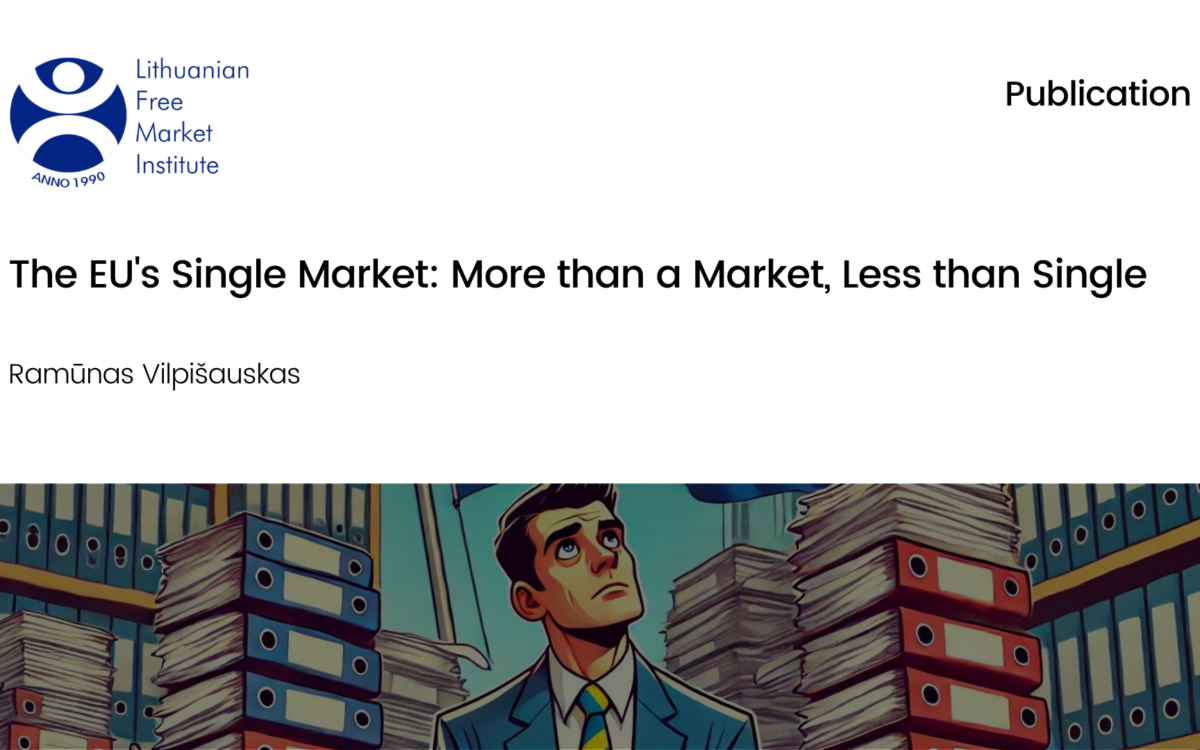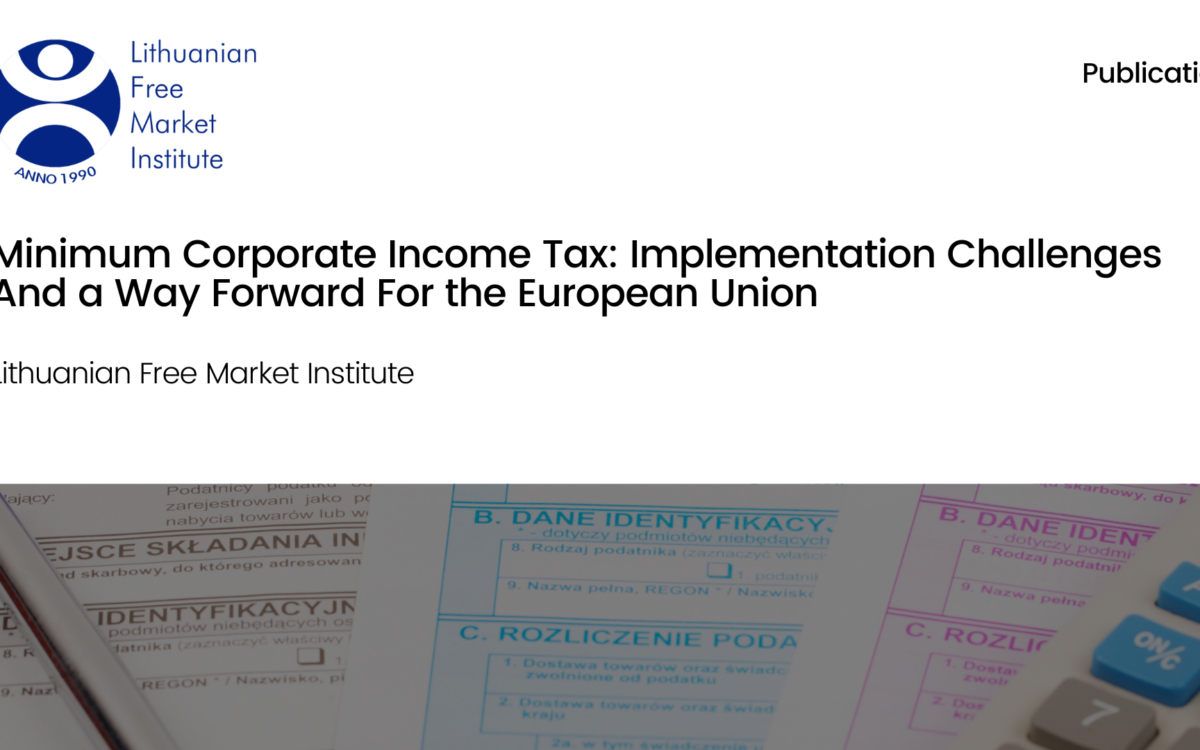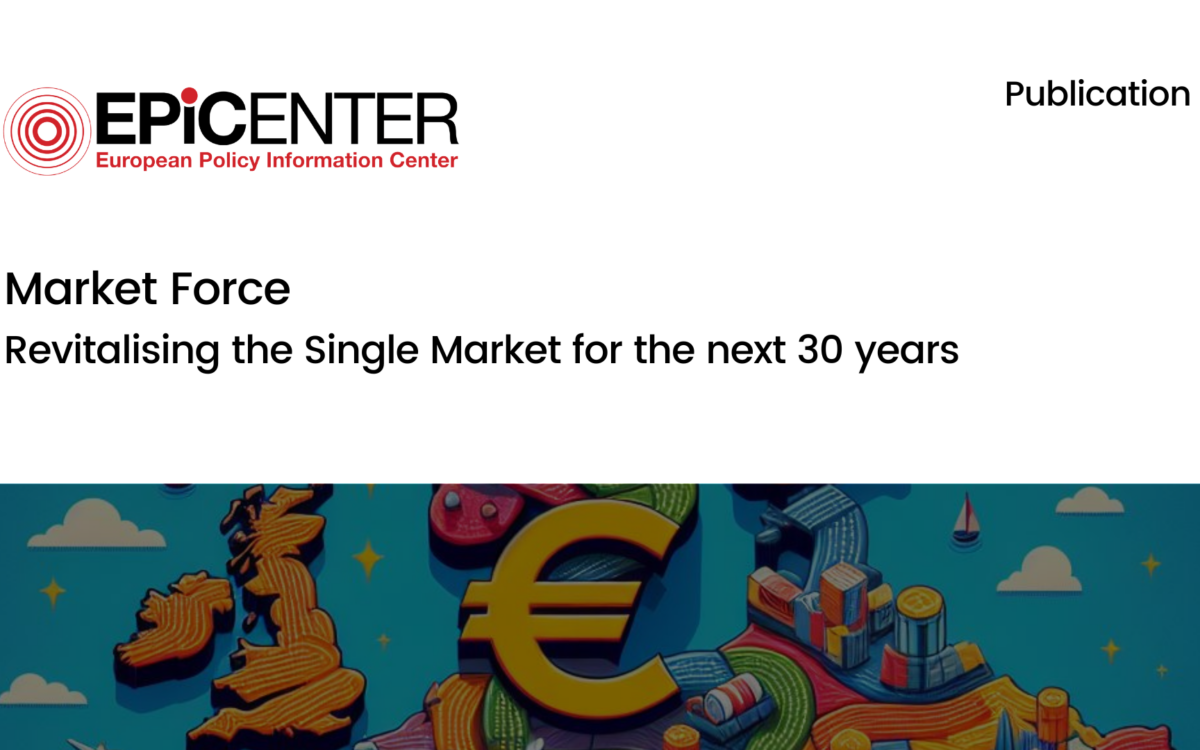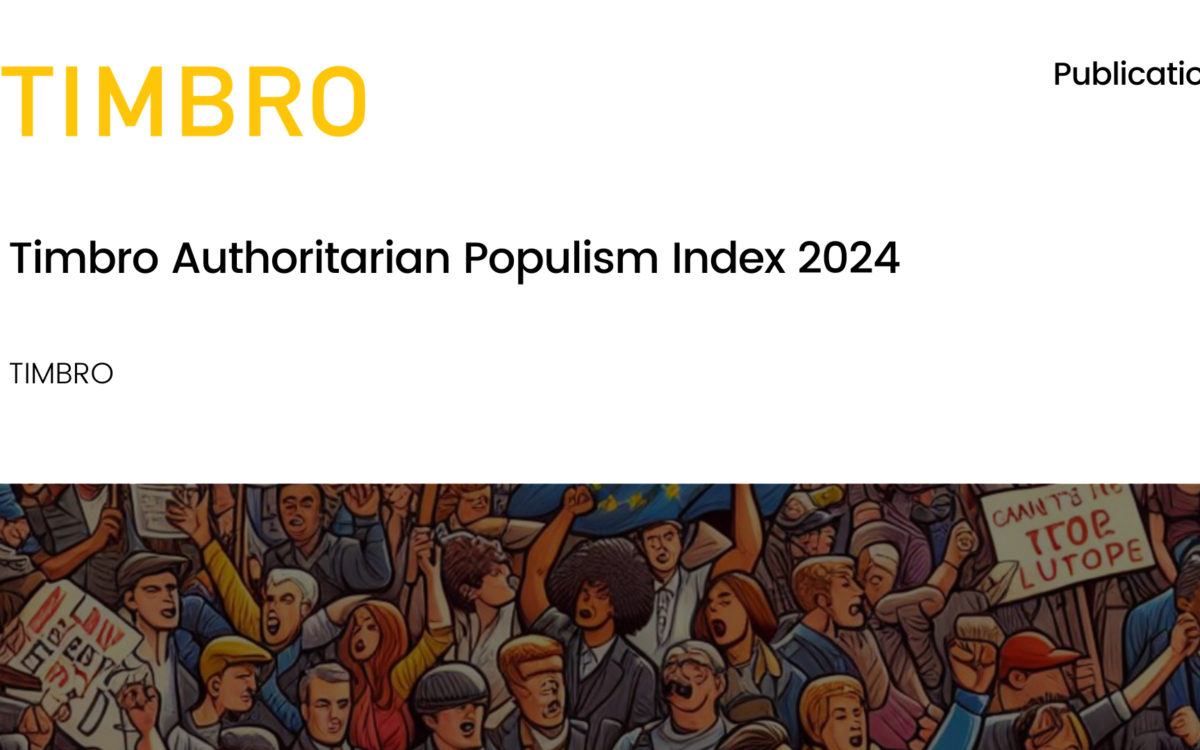The New Equality: Global Development From Robin Hood to Botswana
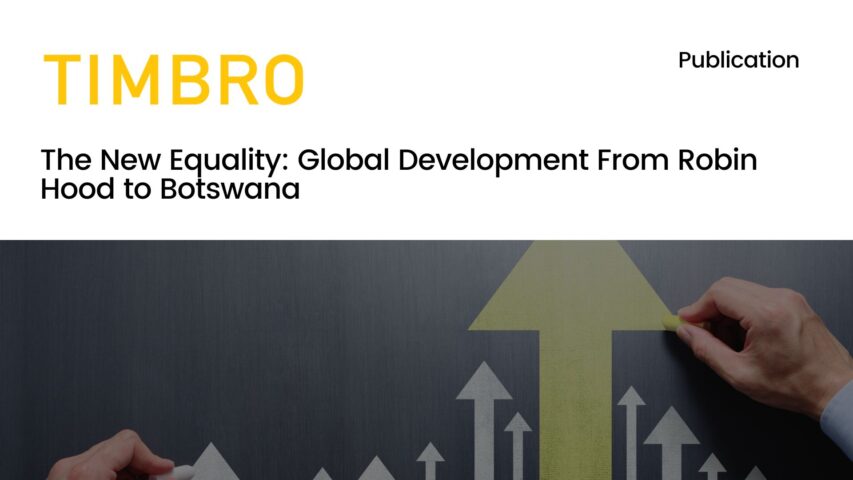
The New Equality: Global Development From Robin Hood to Botswana
September 2014
In the mid-1700s Europe and North America broke with thousands of years of economic stagnation. When power was spread around in society, countries began to experience sustained growth. It was also the birth of global income inequality, which continued to grow for about two centuries. Today, this trend has been broken. Many poor countries have managed to redistribute power and begun to develop. Global economic gaps are decreasing. Things are looking up. Fredrik Segerfeldt takes us on a fascinating journey from Robin Hood’s England through the French Revolution and the old poor Sweden to today’s Africa and Latin America. In a battle between the rulers and the ruled an experience is born for those who want to fight today’s injustices: development requires equality.
A longer English summary is available upon request.
Download or share this publication
View the PDF
EPICENTER publications and contributions from our member think tanks are designed to promote the discussion of economic issues and the role of markets in solving economic and social problems. As with all EPICENTER publications, the views expressed here are those of the author and not EPICENTER or its member think tanks (which have no corporate view).
